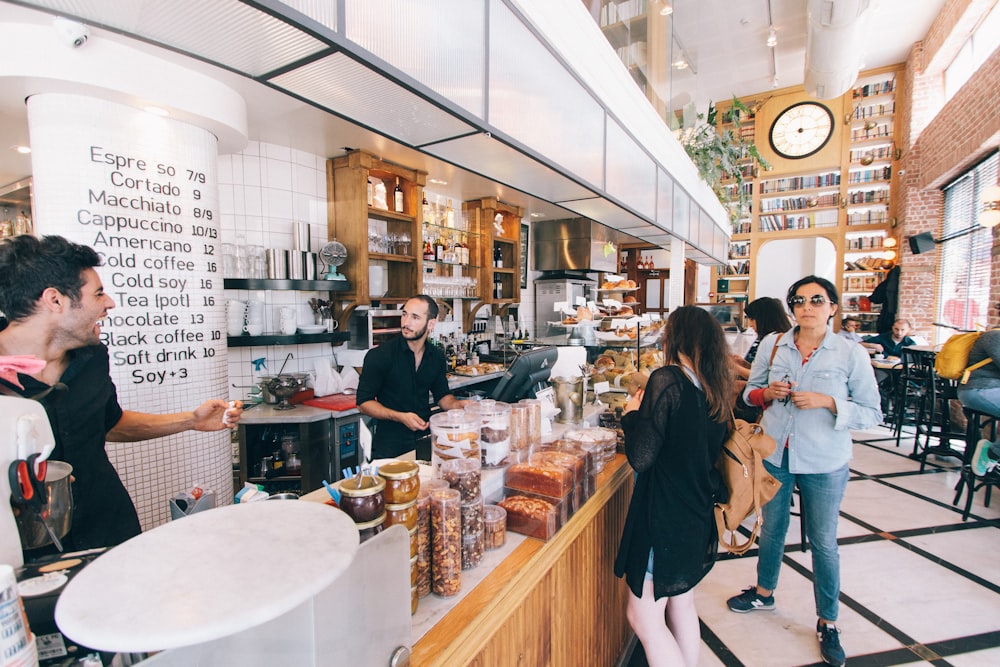Let’s acknowledge an underlying fact: Job hunters are usually preoccupied with landing jobs that not only pay well but also provide attractive benefits – such as medical insurance, retirement plan, and flexible working hours.

Millennials have developed in a much different culture than previous generations, with a modern set of objectives and values. According to the Pew Research Center, Millennials are not as committed to conventional social interactions as previous generations, although they do continue to communicate significantly through socials media.
What are the most preferred employee benefits trends for Millenials?
Flexi-Benefits

One of the most impressive characteristics identified in Millennials is their requirement for flexi-benefits. A research by Deloitte identified that 43% of millennials visualise leaving their jobs within two years; only 28% seek to stay beyond five years. Previous generations enjoyed the basic one-size-fits-all health insurance programs, retirement savings alternatives, and also oral as well as vision treatment. Gen Y, on the other hand, want flexible employee benefits that provide even more spending power. They seek the capacity to determine what fulfils their requirements as their lives progress.
Therefore, the healthcare market is providing greater deductible healthcare plans that are less expensive but offer younger individuals access to health care and health savings account. Inexpensive, voluntary benefits are expanding in popularity. This gives young healthcare consumers the freedom to decide on what they require.
Besides healthcare, employers are also offering other forms of benefits such as gym, lifestyle or even meal benefits. The term flexi-benefits is meant to empower employees to utilise their benefits in the manner fitting to their needs or desire.
Flexible Work Arrangements

Millennials view performance in a different light than older generations of workers. They aspire to climb up the ladder much faster. The regular 9 to 5 workday does not make sense to younger workers and this often leads to disengagement with the given job task.
When job hunting, Millennials and also Generation X are searching for work-life balance. They appreciate joining company wellness programs and even respond well to flexible schedules because they have matured with these as strong values. To compete for the best employees, firms that offer these advantages are leading in the market much better than those who still implement standard 40-hour workweeks with tight schedules and no option to work from home. According to Glassdoor, companies like Reebok, Facebook, Starbucks, IKEA offer a range of creative benefits to increase productivity while remaining competitive in the market.
Speed with Simplicity

The Deloitte record indicated that Millennials seek simple, basic terms when it involves a company plan, consisting of fringe benefit information. They are not keen to review complicated documents and forms to learn about their benefits. Instead, they require direct data to be delivered as demanded. In a technologically advanced world, this is progressively essential. Workers are now accessing their benefits from the applications in their mobile phones and tablets.
Tech-Focused

Among the amazing aspects of Millennials is that they are the very first generation that fully adopted technology in their lives. From video games to smartphones, they’ve seen some of the most significant developments in modern technology occur right. They readily embrace new advancements. When it comes to job search, Millennials are skilled at using online sources, social networks, as well as mobile applications. As a result, they demand access to fringe benefits information 24/7, I’m the same way that they can count on the Internet. According to a survey, two-thirds of millennials in the US (66%) are embracing the idea of health-related mobile apps, reflecting proactive desires for interactive and informative offers.
Millennials enjoy using mobile apps that have access to benefits. Companies that intend to support the health and wellness of their staff may do so via technology. In this way, companies can have access to employees data. Staff can easily access their medical cards via mobile applications.
Conclusion:
The Deloitte study emphasizes that Millennials like making an actual difference. They seek various opportunities to make a real difference. Exploring new ways to communicate effectively with Millennials will not only help you with managing them but will also be extremely rewarding for the organisation.



0 Comments